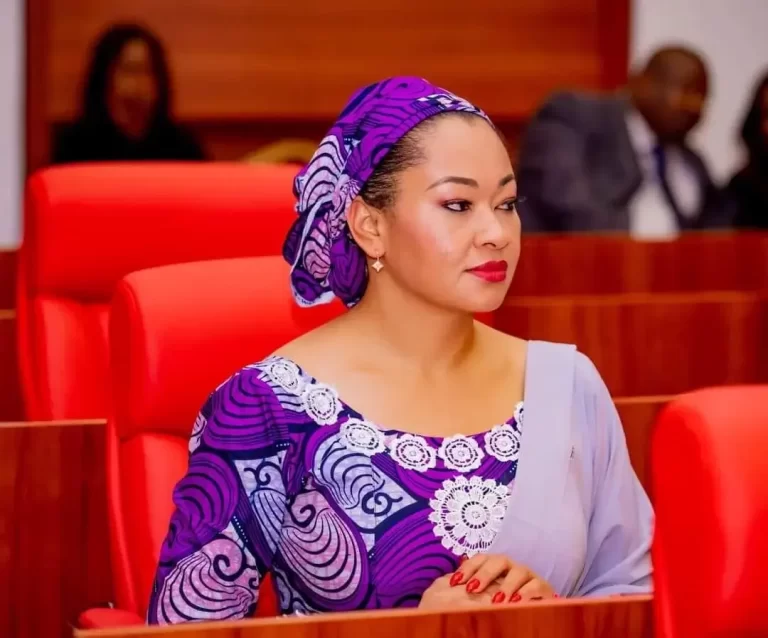Recent public commentary on the Federal Government’s decision to file criminal charges against Senator Natasha Akpoti-Uduaghan has been riddled with misconceptions, political undertones, and an unfortunate misrepresentation of the facts. Contrary to the sensational narrative being peddled, the decision to prosecute Senator Akpoti-Uduaghan is neither a vendetta nor a suppression of dissent. It is a lawful and constitutionally grounded action based on verifiable facts and due process.
Senator Akpoti-Uduaghan had publicly alleged, without credible evidence, that Senate President Godswill Akpabio was involved in organ harvesting.
She said Akpabio and Yahaya Bello, a former Governor of Kogi State, had plotted to assassinate her in Kogi State. These are not mere criticisms or political rhetoric. They are grave and potentially destabilising criminal allegations.
Following petitions from the accused parties, the Nigeria Police Force conducted a thorough investigation. The outcome of that investigation concluded that Senator Akpoti-Uduaghan’s statements were false and defamatory. Consequently, the matter was referred to the Attorney-General of the Federation (AGF), who, in line with his constitutional powers under Section 174 of the 1999 Constitution (as amended), filed a three-count criminal charge against her.
The AGF’s decision was not arbitrary. It followed an independent police investigation and legal review. It is crucial to stress that the Nigerian Constitution empowers the AGF to institute criminal proceedings in the name of the Federal Government. This is not an abuse of power, it is the exercise of legal responsibility. The law does not, and must not, shield anyone from accountability simply because they are a senator or a woman.
To suggest that this prosecution is a method of silencing dissent is to ignore the dangerous precedent that unsubstantiated and defamatory claims can be made with impunity. Freedom of speech is a fundamental right, but it is not absolute. It does not extend to making baseless, damaging, and malicious allegations against others without consequences.
Let it be clear: this case is not about silencing a woman or a political opponent. It is about the rule of law. Senator Akpoti-Uduaghan is being called to account not for expressing an opinion, but for making specific, serious criminal accusations which, after investigation, were found to be false.
Framing this prosecution as an attack on gender or political expression is both irresponsible and misleading. It trivialises genuine cases of political persecution and gender-based suppression. The notion that every action taken against a female public official amounts to misogyny undermines the integrity of legitimate legal processes and disrespects the principles of equality before the law.
In a democracy, the law must apply equally to all, regardless of status, gender, or political affiliation. The Federal Government has acted within its legal bounds, following due process, and in accordance with the principles of justice. Turning a legal matter rooted in facts and evidence into a political or gender crusade is not only disingenuous, it is dangerous.
- Benue-born tennis player solicits support for ITF tourney in US
- Governor Adeleke expresses concern over Ilesha Correctional Centre jail break
- Nigeria’s governors: Halfway to where? (2), by Abiodun Komolafe
- Okpebholo’s diplomatic shuttles to Abuja: A pathway to Edo’s growth, by Fred Itua
- Anambra 2026: ADC candidate resigns, replaced
Rather than promote a culture where defamation is cloaked as activism, Nigerians must support a system where accountability, truth, and justice prevail. No one is above the law, and that is the hallmark of a true democracy.
Let Senator Natasha Akpoti-Uduaghan come forward and present evidence of those grave allegations and turn the table against the complainants. It is in her own interest.
. Ikechi writes from Lagos.


